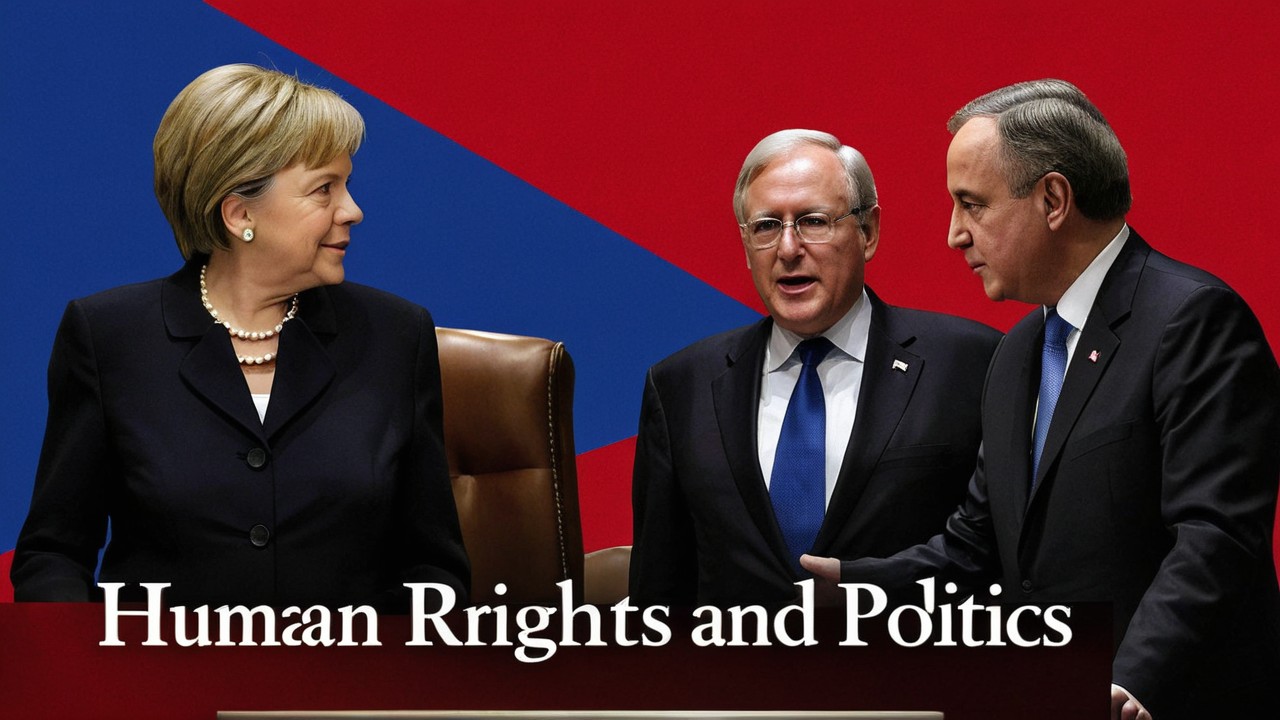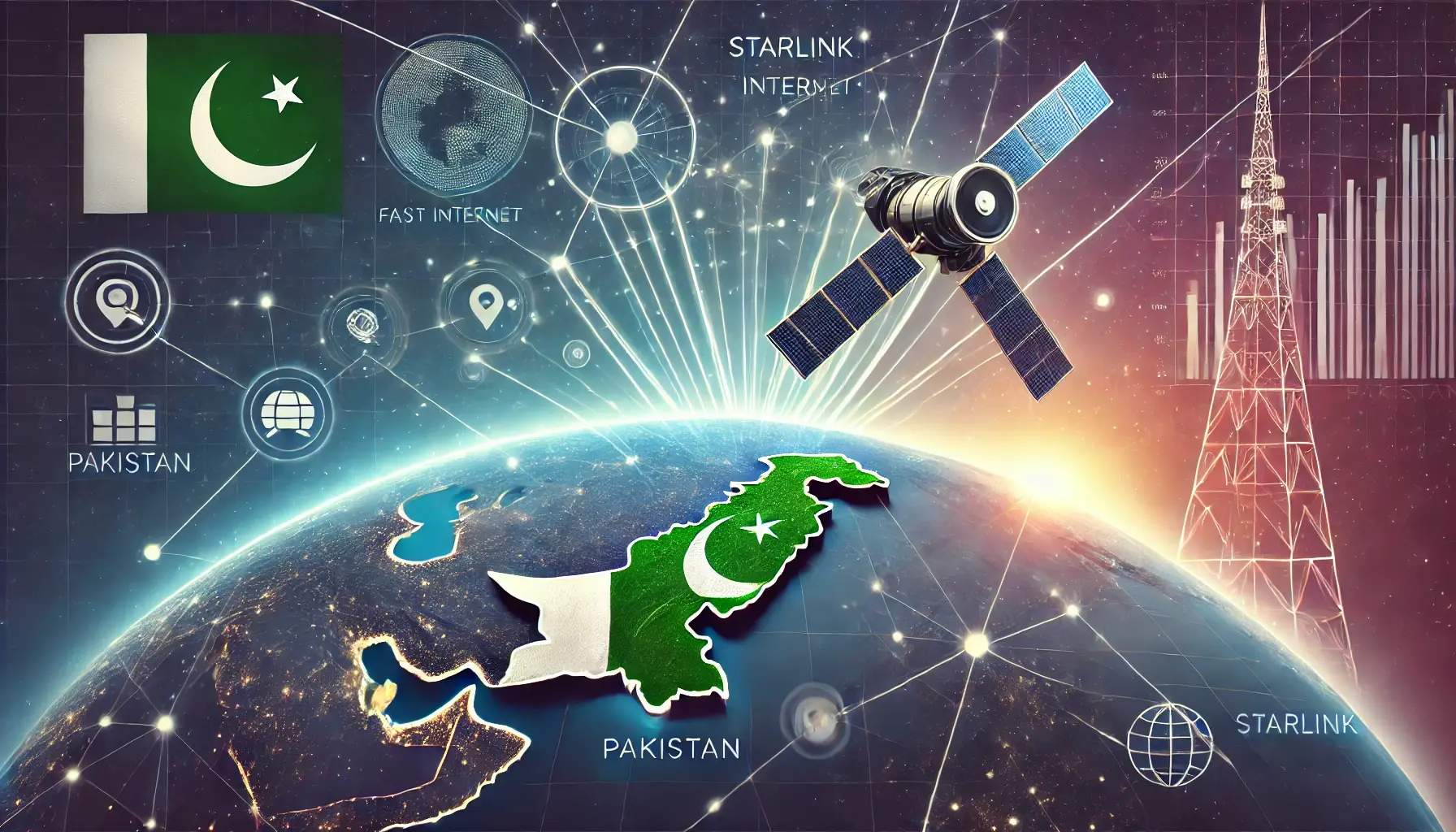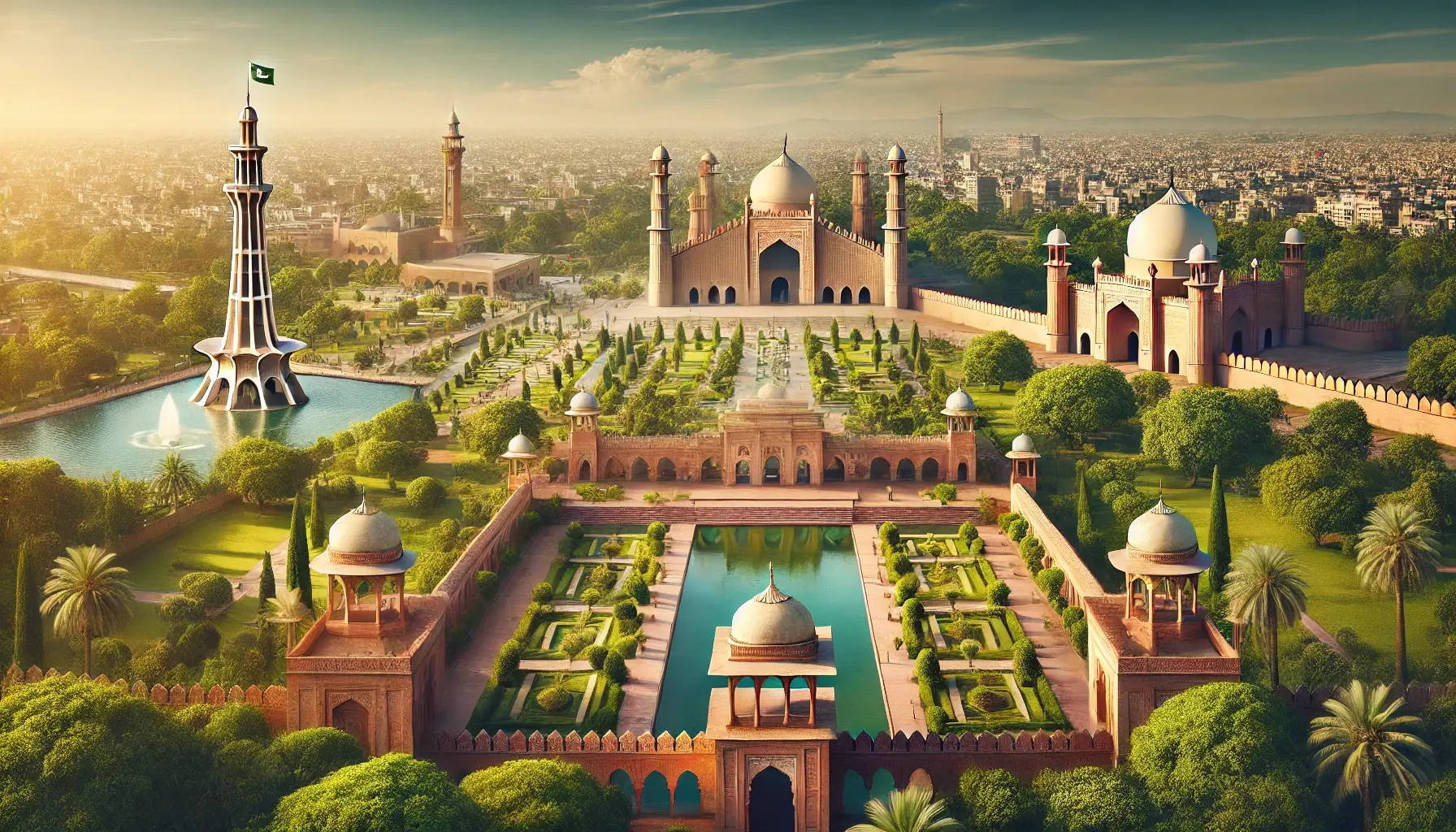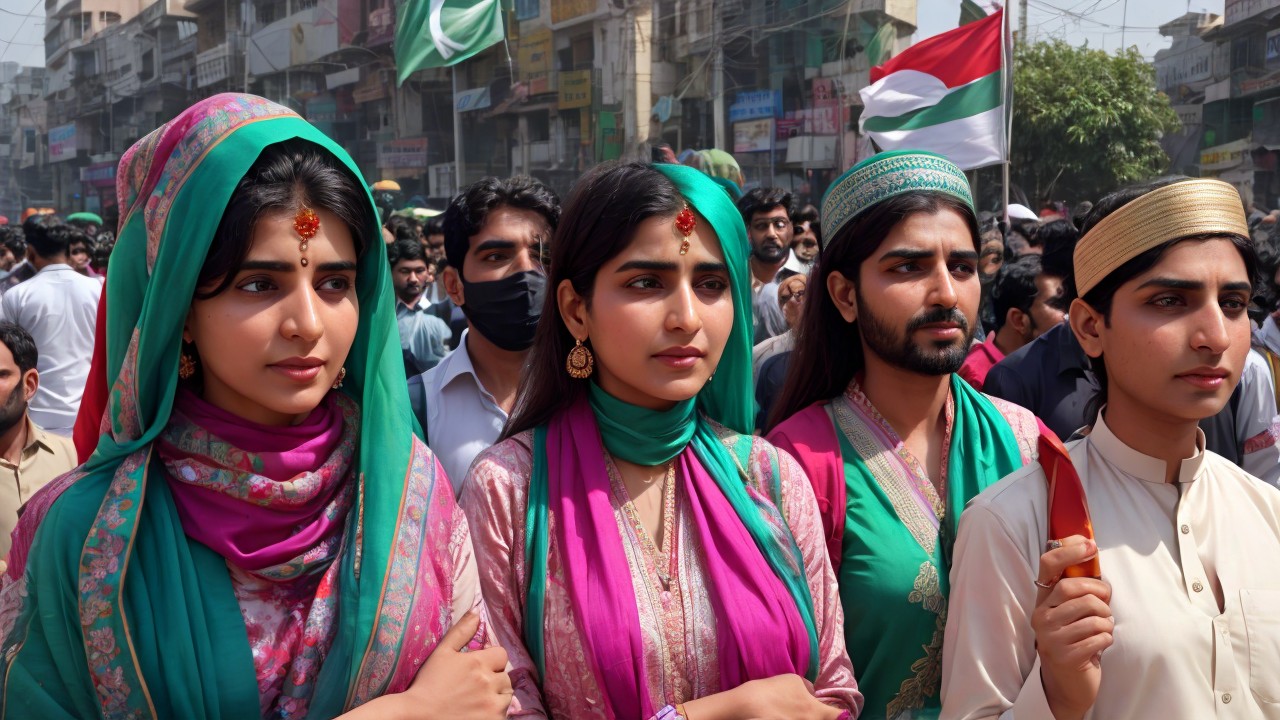Human Rights and Politics:The Backbone of Democratic Governance
The interaction between human rights and politics forms contemporary governance’s muse, ensuring that justice, equality, and dignity stay central to political systems. This relationship influences political, peacekeeping, and social progress, driving amendment and fostering inclusivity.
From legislative actions to grassroots policy, human rights, and politics combine to empower people, challenge difference, and promote responsibility. Democracies thrive once these principles are upheld, permitting societies to maneuver toward property development and world harmony.
The Evolution of Human Rights in Politics
Historically, the thought of human rights emerged as a response to oppression and injustice. Over time, it became a universal framework shaping political ideologies and legal systems. Documents like the Universal Declaration of Human Rights (1948) set the stage for the intersection of human rights and politics, establishing globally recognized principles.
Today, political leaders and establishments are tasked with incorporating human rights into governance. Policies addressing education, healthcare, and gender equality replicate these values, making certain that marginalized voices are detected. By intertwining rights with politics, governments foster social trust and progress.
Key Human Rights Issues in Political Agendas
Political systems worldwide grapple with pressing human rights problems, such as freedom of speech, gender equality, and access to education. These problems usually outline electoral campaigns, influence international policies, and form the discourse around governance.
For instance:
Freedom of Expression: Protecting individuals’ right to talk freely is crucial in holding governments responsible.
Gender Equality: Policies promoting equal pay and illustration for ladies directly impact political landscapes.
Access to Education: Education as a right ensures that nursing associates are aware citizens, strengthening democratic systems.
Addressing these problems requires political and social support. Policies aligned with human rights principles foster trust, guaranteeing a good and straightforward society.
Challenges at the Intersection of Human Rights and Politics
Despite progress, the connection between human rights and politicsfaces vital challenges. Corruption, absolutism, and unequal resource distribution usually undermine efforts to uphold these principles.
Political Suppression: In several regions, dissentient voices are suppressed, undermining democratic values.
Discrimination: Marginalized teams usually face general barriers obstructing their political participation.
Global Inequalities: Unequal access to resources exacerbates disparities in human rights protections.
Addressing these challenges needs strong mechanisms, like freelance judiciary systems, transparent governance, and international cooperation.
Human Rights and International Politics
On a global scale, human rights and politics intersect through treaties, sanctions, and humanitarian interventions. Nations usually use human rights as a benchmark for diplomatic relations, shaping alliances and trade agreements.
For example, countries accused of violating human rights could face sanctions, whereas others championing these values could lead world initiatives. International organizations like the Global Organization and Amnesty International play polar roles in observing and advocating for human rights, making specific accountability.
Moreover, movements like climate justice highlight the world dimension of rights, pushing for policies that address environmental property while protecting vulnerable communities.
The Role of Civil Society
Civil society acts as a bridge between human rights and politics, amplifying voices and advocating for modification. NGOs, community organizations, and activists mobilize resources and vox populi to influence policies that order rights.
Grassroots movements are significantly effective in:
Highlighting injustices and advocating for reforms.
Pressuring governments to implement policies that align with international human rights standards.
Promoting civic engagement and citizen participation to make sure of illustration.
This dynamic interaction between civil society and political systems strengthens democracy and fosters answerability.
Technology’s Impact on Human Rights and Politics
In recent years, technology has reworked the link between human rights and politics, providing tools for support, transparency, and engagement. Social media platforms, for example, have amplified marginalized voices, exposed injustices, and mobilized international support.
However, the misuse of technology additionally poses challenges, including:
Surveillance: Governments might exploit technology to infringe on privacy rights.
Misinformation: The unfolding of faux news undermines wise political decision-making.
Digital Divide: Unequal access to technology limits participation for underclass communities.
To harness technology effectively, stakeholders should address these challenges, guaranteeing that innovation aligns with human rights principles.
Promoting Human Rights through Political Education
Educating voters concerning their rights and responsibilities is crucial for advancing human rights and politics. Awareness campaigns and civic teaching programs empower people to participate actively in governance, fostering responsibility and inclusivity.
By understanding their rights, voters will challenge oppressive systems and demand just policies. Political education additionally equips future leaders with the information to prioritize human rights in decision-making, guaranteeing property progress.
A decision to Action: Building inclusive Political Systems
The interaction between human rights and politics plays a polar role in shaping the social growth of communities. Once political systems rate human rights, they address inequalities, foster inclusivity, and guarantee justice. This alignment not solely strengthens the foundations of equitable governance but conjointly promotes a society.
Cooperative efforts among governments, civil society, and international organizations are essential for this vision to be complete. Governments should implement policies replicating these principles, civil society organizations should advocate for marginalized voices, and international bodies should provide mandatory frameworks and oversight to uphold standards. By operating together, these entities will build systems that bridge gaps and eliminate discrimination.
Moreover, fostering inclusivity means creating opportunities for all people to participate actively in political processes. This participation enhances transparency and strengthens charitable trust. By addressing social and economic disparities, political systems will produce environments where human rights are revered and people thrive. Ultimately, the intersection of human rights and politics is a catalyst for building stronger, more equitable societies.
Conclusion: A Shared Commitment to Justice
The interaction between human rights and politics is the muse of equitable governance, shaping societies that honor justice, equality, and dignity. By prioritizing these principles, nations will develop systems that genuinely replicate the values and aspirations of their voters. Human rights aren’t simply legal frameworks or political strategies; they represent humanity’s essence and the shared commitment to safeguard and uplift people, notwithstanding their circumstances. Upholding these rights isn’t simply a political obligation; it is a profound ethical imperative that defines the integrity of any society.
Advocacy, education, and collaboration play crucial roles in strengthening the bond between human rights and politics. Support raises awareness and challenges injustices, whereas education empowers voters to know their rights and responsibilities. Collaboration among governments, civil society, and international organizations fosters an alliance against violations, promoting answerableness and reform.
However, achieving this vision isn’t without challenges. Corruption, discrimination, and world inequalities typically undermine these efforts, making barriers to equitable governance. Addressing these obstacles requires unwavering dedication, strong policies, and active civic participation. By overcoming these challenges, societies will unlock the transformative potential of human rights in shaping politics.
Ultimately, guaranteeing human rights and political alignment may be a shared responsibility. Together, we will build a future where these principles drive positive amendment, ensuring that justice, equality, and dignity are accessible to all. By holding this shared commitment, we tend to pave the means for stronger democracies and healthier communities. Pursuing this harmony does not solely enrich political systems; it evokes hope and resilience, fostering a world where human rights inspire progress.








Leave feedback about this